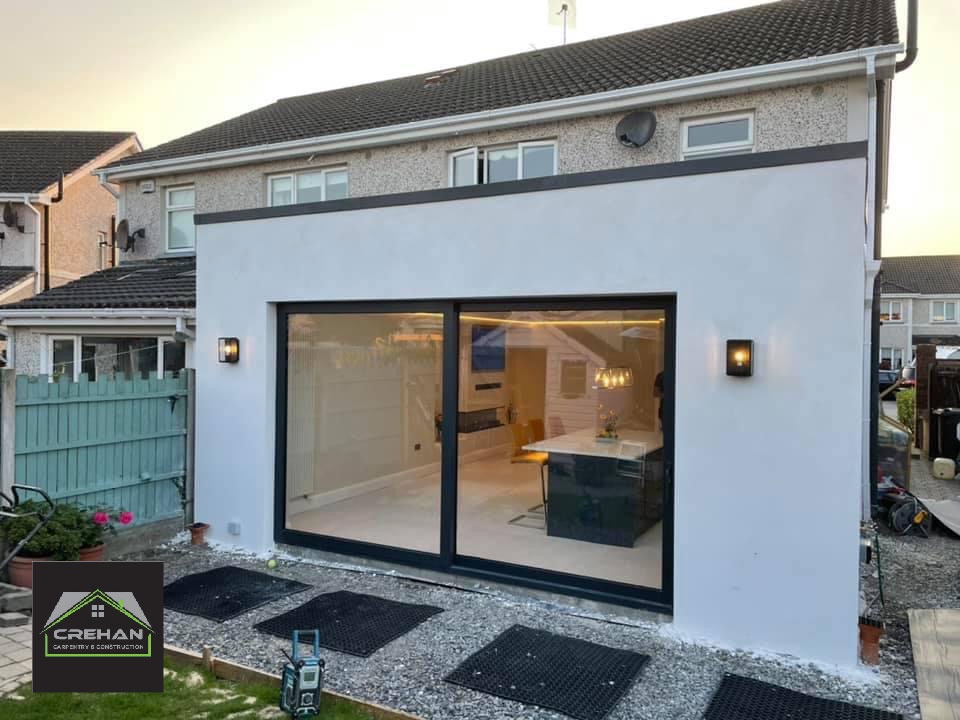A common way to get more space and raise the value of your home is to add to it. Moving is a lot of work and costs a lot of money, from legal fees to stamp duty. There are many good reasons to stay put and make your current home better. If you want to extend your home, whether it is a garage conversion, a side extension, or a single- or double-story rear extension, and often search for Home Extension Services Near Me, there are a lot of things to think about. Here are some tips to get you started, starting with the basics: planning rules, building regulations, and more.
Things to consider before opting for a home extension
- Permission: Some rights let one add to their home in some ways without getting planning permission. While others do not. However, it is possible to ask for prior approval.
- Value: It is wise to double-check one's home extension plans before beginning, just like with any significant home improvement project. It is worthwhile to consult with a reputable local real estate agent to see if the extension plan would increase the value of their house.
- Regulations: Any renovation project must follow building regulations, even if it does not need planning permission. People who do not meet the requirements could be given a notice to take down the extension, and it will be hard for them to sell their home without the proper Building Regulations certificates.
- Home extension costs: The cost of extending one's home greatly depends on how big the addition is, how much structural work needs to be done, and where one does the work. Remember that a two-story addition will not cost much more than a one-story building because most of the cost is involved in the foundations.
- Setting a budget: One can begin making a budget for the extension by writing down all the things they want to be included. Compare their prices item by item, and always make sure that the additional charges are included when they seek prices for services and materials. It is also a good idea to set aside about 10% of the total cost in case there are any unexpected costs.
- Neighbours: Common problems between neighbours can be caused by building projects. The local planning authority usually talks to one's neighbours if they need planning permission, but it is still a good idea to let them know about one's plans early on, especially if the work might cause problems.
- Party Wall Agreement: If one lives in a terraced or semi-detached house, the wall that separates the homes of two different owners is called a party wall. Over-the-boundary garden walls and excavations that are within three to six metres of a neighbour's property are also covered under such agreements. Most of the time, neighbours need to sign a party wall agreement before they can do loft conversions or additions that need steel supports, a damp-proof course, or work on new foundations.
- Leaseholders: If someone owns their property through leasehold instead of freehold, they should look at their lease to make sure they have the right to make changes, which is usually subject to permission from the freeholder. It is best to talk to the freeholder about the plans as soon as possible since getting their approval and signature may cost one extra.
- Getting quotes: Checking around is always a good idea when planning to renovate. One should at least get bids from three different contractors.
Home Extension Services in Dunboyne by Crehan Carpentry and Constructions can be quite useful if you cannot decide where to start. Visit https://crehancarpentry.ie/extensions/ to learn more.


No comments yet